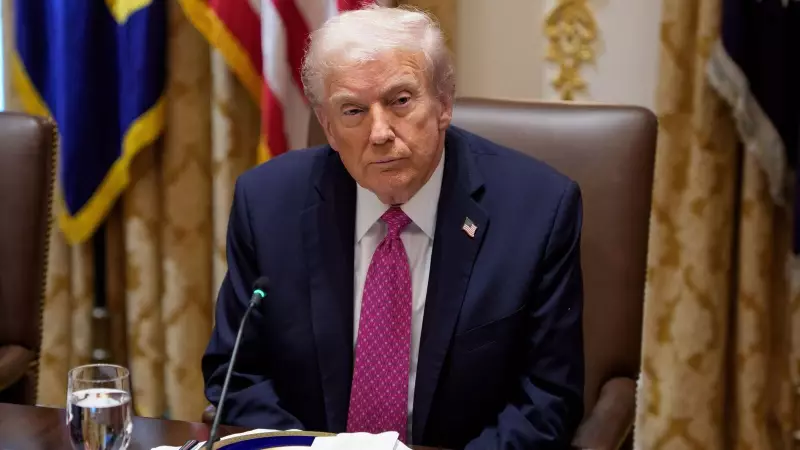
A contentious proposal to dramatically increase H1B visa fees is facing strong opposition from Republican lawmakers who argue the move could severely undermine America's competitive edge in the global technology landscape.
In a significant development, prominent Republican representatives have written to former President Donald Trump expressing serious concerns about the proposed fee hike that would see H1B visa costs skyrocket to approximately $100,000. The lawmakers contend that such a substantial increase would make it increasingly difficult for American companies to attract and retain top international talent.
The Economic Implications
The proposed fee increase comes at a critical time when the United States is competing fiercely with other nations for skilled professionals in technology, engineering, and specialized fields. Republican opponents of the measure warn that making it more expensive and complicated for companies to hire foreign talent could drive business operations overseas.
This isn't just about immigration policy - it's about economic strategy. The lawmakers emphasize that restricting access to global talent could force American companies to establish operations in countries with more favorable immigration policies, ultimately costing the US jobs and economic growth.
Industry Concerns and Global Competition
The technology sector, which heavily relies on H1B visas to fill specialized positions, has been particularly vocal about the potential consequences. Industry leaders argue that the fee hike would:
- Make it prohibitively expensive for startups and small businesses to hire specialized talent
- Give competitive advantage to countries like Canada and Australia with more welcoming immigration policies
- Slow down innovation in critical technology sectors
- Ultimately weaken America's position as a global technology leader
The Political Divide
What makes this situation particularly noteworthy is that the opposition is coming from within the Republican party itself. Traditionally seen as supportive of stricter immigration controls, these lawmakers are drawing a distinction between border security and policies affecting high-skilled professionals who contribute significantly to the US economy.
The letter to Trump represents a growing recognition among some Republican leaders that not all immigration is equal, and that policies affecting skilled professionals require careful consideration of economic impacts.
Looking Ahead
As the debate continues, all eyes are on how this internal Republican disagreement will resolve. The outcome could have far-reaching implications for:
- US companies' ability to compete globally
- The future of innovation in technology sectors
- America's position in the global race for talent
- Political alignment on skilled immigration issues
The situation remains fluid, with stakeholders across the political and business spectrum watching closely as this critical policy debate unfolds.





